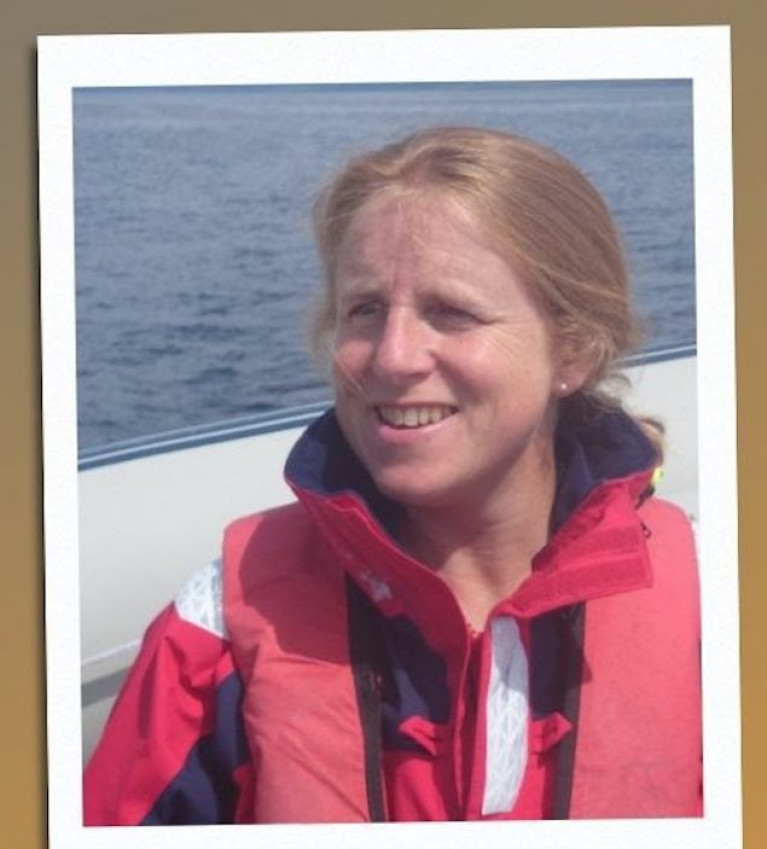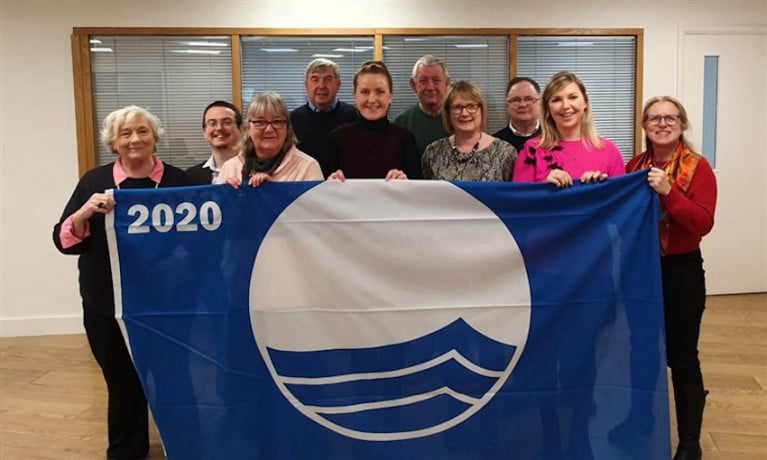Displaying items by tag: Gail McAllister
An Opportunity From COVID for Sailing?
The pandemic could provide an opportunity for sailing. That is an interesting view and comes from Irish Sailing's Regional Development Officer, Gail MacAllister.
"There is such a massive interest in being outdoors because of the imposition of the Covid restrictions, that the spin-off can be used to the benefit of sailing as a sport which provides an opportunity for everyone."
I've known Gail for quite some time through the West Cork Sailing and Powerboating Centre which she and Niall established back in 1997 at Adrigole a lovely spot on the West Cork coastline. Irish Sailing is asking members to help "unlock the potential of new opportunities and find a new audience" for the sport. That call will go out this Thursday night at 7 p.m. in Irish Sailing's 'Zoomposium' which is intended to "reconnect, review and reinvigorate".
 Jessy of Adrigole, A West Cork Sailing Centre yacht
Jessy of Adrigole, A West Cork Sailing Centre yacht
Gail, who has organised the association's annual Cruising conference is focussing her attention this week on the 'Zoomposium' which is this year's annual gathering with members, online like so many things, because of the pandemic.
The approach being taken, it seems to me, is to a large extent the organisation's response to the views of members over recent years, looking for more interaction to develop sailing. The 'Zoomposium' session on the topic - 'How can active engagement with the current membership of the national association be increased and how can new membership be obtained?' could be of particular interest. Nikki Curran from Sligo YC and Ciarán Murphy, Irish Sailing's Western Regional representative will be leading this session.
Brian Carlin of the Volvo Race; Jamie Boag, currently Head Coach for the Hong Kong Sailing Federation and Sports Institute; Pamela Lee from Greystones YC,, one of the two women who set the all-female sailing speed record around Ireland in the past few weeks and Vera Quinlan of the Marine Institute, currently working on INFOMAR, Ireland's seabed mapping programme, who completed a 14-month Atlantic circuit sailing adventure with her family, are speakers on the opening panel.
After a year in which the sailing season suffered so much restriction, there should be pent-up feelings about opportunities to develop the sport. So I was interested when Gail MacAllister highlighted what she sees as "the opportunities inherent in the greater numbers of people exercising outdoors." Around Cork Harbour where I live, more people have been expressing appreciation of the riverside and the marine.
Registration for the 'Zoomposium' is free and available on the Irish Sailing website.
Listen to the Podcast here where I started by asking Gail about the interest, or perhaps anxiety, to achieve a widening of public interest in sailing.
Irish Sailing’s McAllister On Jury Duty For Blue Flag Awards
Irish Sailing’s regional development officer Gail McAllister is among the jury for this year’s Blue Flag awards programme.
The national jury met last month to consider a total of 88 sites around Ireland comprising 80 beaches and eight marinas.
Their decisions will now be presented for evaluation to the Blue Flag International Jury and the results will be released in advance of the coming summer season.
Last year’s awards saw 80 out of 83 beaches retain their Blue Flag from 2018, while the number of rated marinas rose to eight with the inclusion of Rathmullan in Donegal.
“It is an honour to be part of this international scheme and I am excited to bring some new ideas to the Irish Sailing Sustainability Awareness programme,” said McAllister, who has also joined An Taisce as a ‘Climate Ambassador’.






























































